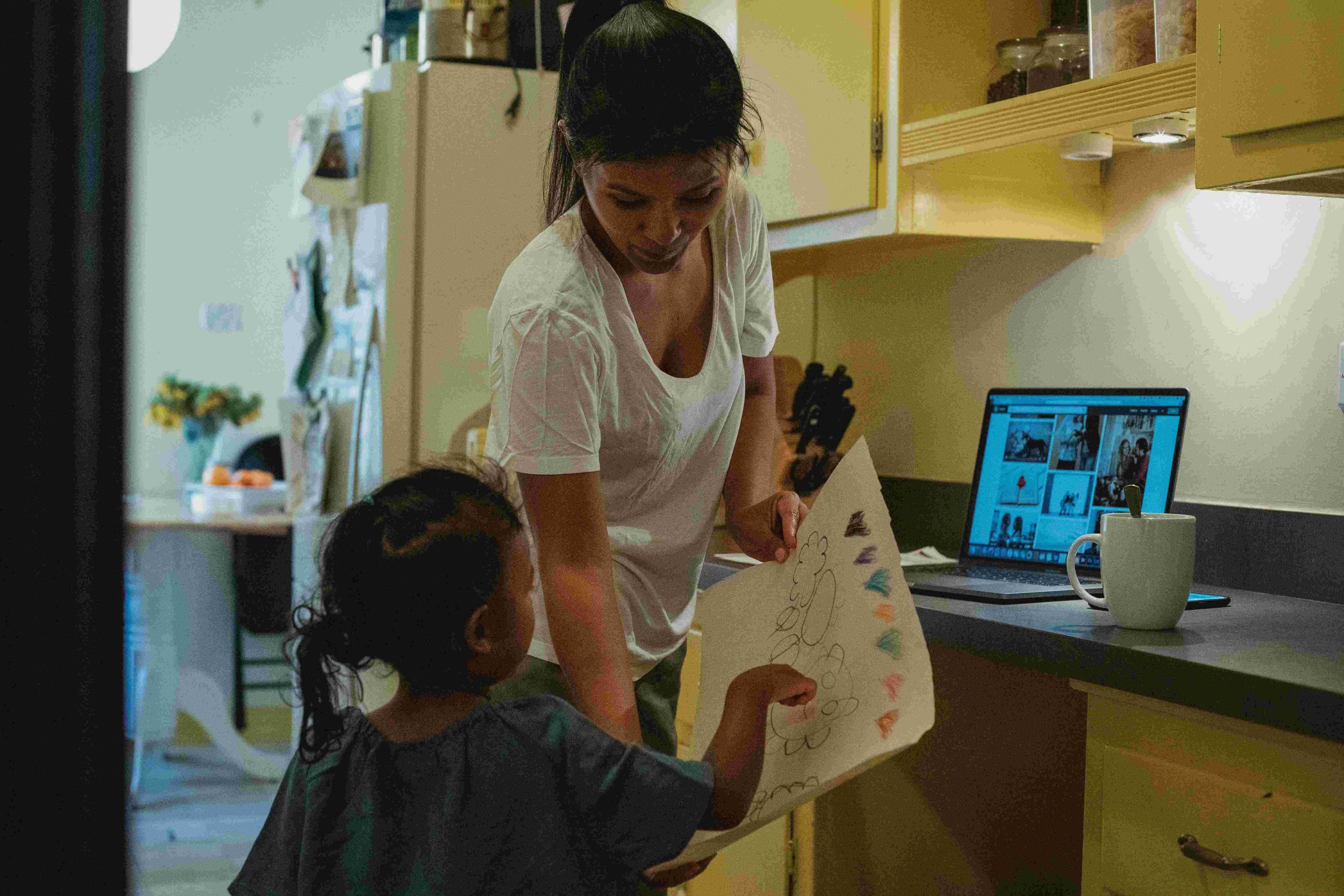
Understanding Self-Assessment in Preschoolers
Preschoolers begin to establish their sense of identity, values, and beliefs as they grow and develop. This article explores the significance of self-assessment in this crucial stage of early childhood development, emphasizing its role in promoting self-awareness and confidence among preschoolers.
Defining Self-Assessment
Self-assessment involves analyzing one’s own talents, qualities, and limitations. For preschoolers, it encompasses reflecting on behavior, learning, and social relationships, fostering self-awareness and confidence.
Benefits of Self-Assessment
Self-assessment offers numerous advantages for preschoolers, including the development of self-awareness, a growth mindset, and confidence in their abilities. By recognizing their strengths and successes, preschoolers can cultivate a positive self-image.
Encouraging Self-Assessment
Various strategies can foster self-assessment in preschoolers, such as prompting reflection through open-ended questions, providing constructive feedback, and modeling self-assessment behavior.
The Role of Self-Assessment in Early Childhood Education
Self-assessment is integral to early childhood education, enhancing academic and social outcomes while instilling a love for learning and fostering lifelong learning skills.
Challenges and Strategies
Fostering self-assessment in preschoolers may present challenges, including language barriers and low self-esteem. However, approaches such as creating a supportive environment and tailoring activities can mitigate these obstacles.
Supporting Special Needs
Preschoolers with special needs require tailored support for self-assessment, including clear instructions, positive reinforcement, and collaboration with support teams.
Utilizing Assessment Tools
Assessment tools such as rubrics and self-reflection journals complement self-assessment practices, offering insights into learning progress and areas for improvement.
Addressing Cultural and Societal Factors
Cultural and societal influences may impact self-assessment in preschoolers, emphasizing the importance of creating an inclusive and encouraging environment.
Parental Involvement
Parental involvement is vital in fostering self-assessment, as parents can create supportive environments, model behavior, and collaborate with educators.
Individualized Approaches
Recognizing the unique needs of each preschooler is essential, requiring tailored activities and differentiated instruction to effectively promote self-awareness and confidence.
Promoting Social-Emotional Development
Self-assessment contributes to social-emotional development by nurturing skills such as self-awareness, self-regulation, and self-efficacy, essential for positive relationships and emotional well-being.
In conclusion, fostering self-assessment in preschoolers is vital for their holistic development. By employing various strategies and recognizing individual needs, parents and educators can empower preschoolers to become confident, self-aware learners, laying the groundwork for lifelong success.


